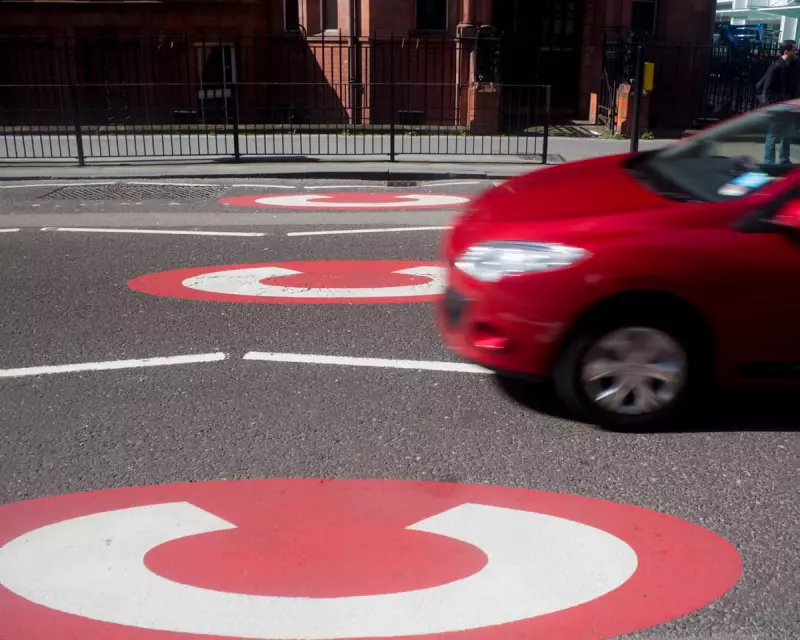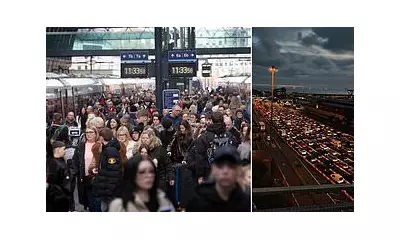
Electric vehicle owners in London will face significant changes to the city's congestion charge system starting in January, marking the end of their exemption from the daily fee.
New Charging Structure for Electric Vehicles
The standard congestion charge will increase by 20% to £18 from January, while electric vehicles will become liable for the charge for the first time. However, Transport for London has confirmed that electric car drivers will receive a 25% discount, bringing their daily charge to £13.50.
For commercial electric vehicles, the discounts will be more substantial. Electric vans and HGVs will pay only 50% of the full charge, amounting to £9 per day under the new pricing structure.
London Mayor Sadiq Khan defended the changes, stating that without this shake-up, an additional 2,200 vehicles would be driving in the zone on an average weekday next year. He argued this would make the congestion charging system "no longer fit for purpose."
Rapid Growth in Electric Vehicle Numbers
The decision comes amid a dramatic increase in electric vehicle adoption across the capital. According to official figures, almost 120,000 electric vehicles are now registered to drive in the zone - representing a six-fold increase since 2019 when the full discount for EVs was originally introduced.
The current exemption was always scheduled to expire at the end of this year, but the new charging structure represents a significant shift from the previous complete exemption for zero-emission vehicles.
"Keeping London moving by reducing congestion is vital for our city and for our economy," Khan stated. "While the congestion charge has been a huge success since its introduction, we must ensure it stays fit for purpose."
Criticism from Motoring Groups and Opposition
The changes have faced strong criticism from motoring organisations and political opponents. The AA president, Edmund King, described the move as "a backward step which sadly will backfire on air quality in London."
King urged the mayor to reverse the decision, arguing that "many drivers are not quite ready to make the switch to electric vehicles, so incentives are still needed to help them over the line."
Labour's transport spokesperson on the London assembly, Elly Baker, expressed concerns that the changes would "make it harder for people to go green when they need a vehicle to do their jobs." She specifically highlighted that minicab drivers who had "done the right thing by switching to an EV will be penalised by this."
Remaining Incentives and Future Changes
Despite the new charges, some incentives for electric vehicle adoption will remain. From March 2027, the 90% discount for all residents of the zone will only apply to EV owners, creating a long-term advantage for local residents who switch to electric vehicles.
Additionally, car clubs for vehicle sharing will receive a full exemption for electric vehicles, encouraging shared use of zero-emission transport.
The congestion charge applies to central London between 7am and 6pm on weekdays, and between noon and 6pm at weekends and on bank holidays. The scheme was first introduced in 2003 with the primary aim of reducing traffic congestion on London's busy streets.
This development in London comes amid broader speculation about electric vehicle charging across the UK. Reports suggest Chancellor Rachel Reeves is considering a pay-as-you-drive scheme for EVs in her November budget, addressing the fact that electric vehicles don't contribute through fuel duty.





